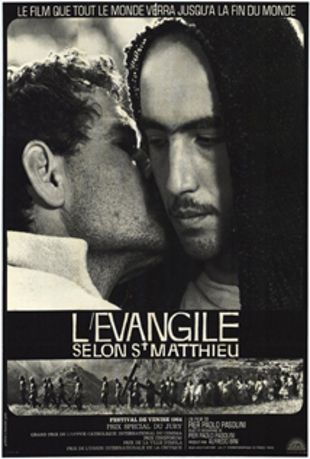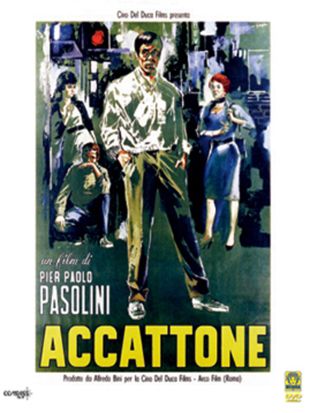Carlo Rustichelli was one of the most prolific film composers in Italy from the end of the 1930s until the mid-'90s, his work represented in more than 250 movies. He was born in 1916 in Modena, Italy, and studied piano and composition at the Academia Filarmonica in Bologna, and later at the Academy of Santa Cecilia in Rome. Rustichelli began his career in music as a composer in the fields of opera and theater music, and began writing film music in 1939. He worked in movies intermittently during the early '40s, though Rustichelli wasn't closely involved in the motion pictures on a steady basis for another nine years. It was his work for director Pietro Germi, on such movies as In Nome Della Legge and Il Cammino Della Speranza, that altered the course of Rustichelli's career. They were both so pleased with the results of their early collaborations that Germi insisted on engaging Rustichelli for further projects, and the composer soon discovered that he could be astonishingly prolific. Over the next 50 years, he scored hundreds of movies, ranging from sword-and-sandal action-adventure subjects to serious dramas and saucy comedies, and worked with such directors as Billy Wilder (Avanti!), Pier Paolo Pasolini (Mamma Roma), and Mario Bava (La Frusta e Il Corpo). Some of the most widely seen of the movies he worked on were comedies, including Germi's Divorce -- Italian Style and Seduced and Abandoned, Jack Smight's The Secret War of Harry Frigg (a United Artists production starring Paul Newman), and Wilder's Avanti! He also scored popular genre films such as Bava's horror titles, the costume adventures The Giants of Thessaly and The Thief of Bagdad (the latter starring Steve Reeves), and the sci-fi fantasy Journey Beneath the Desert (co-directed by Edgar G. Ulmer).
Regardless of the subjects, however, Rustichelli was a resolutely Italian (distinct from international) composer, wearing his nationality and his heart on his sleeve in his music. His score for The Thief of Bagdad was especially notable, having to compete with the music from the 1940 film version by Miklos Rozsa, which was one of the most popular and admired soundtracks in history. He rose to the challenge with a hauntingly lyrical score that seemed to incorporate elements of Pietro Mascagni's Cavalleria Rusticana, among other sources, and the result was a body of highly memorable music that was alternately rousing and dreamlike. In the 1980s, highlights from his scores for films dating back to the late '50s began getting reissued on LP, and the best of them have also appeared on CD. By that time, Rustichelli was one of the most revered figures in Italian cinema and film music, with an international following. He remained active into the 1990s.

